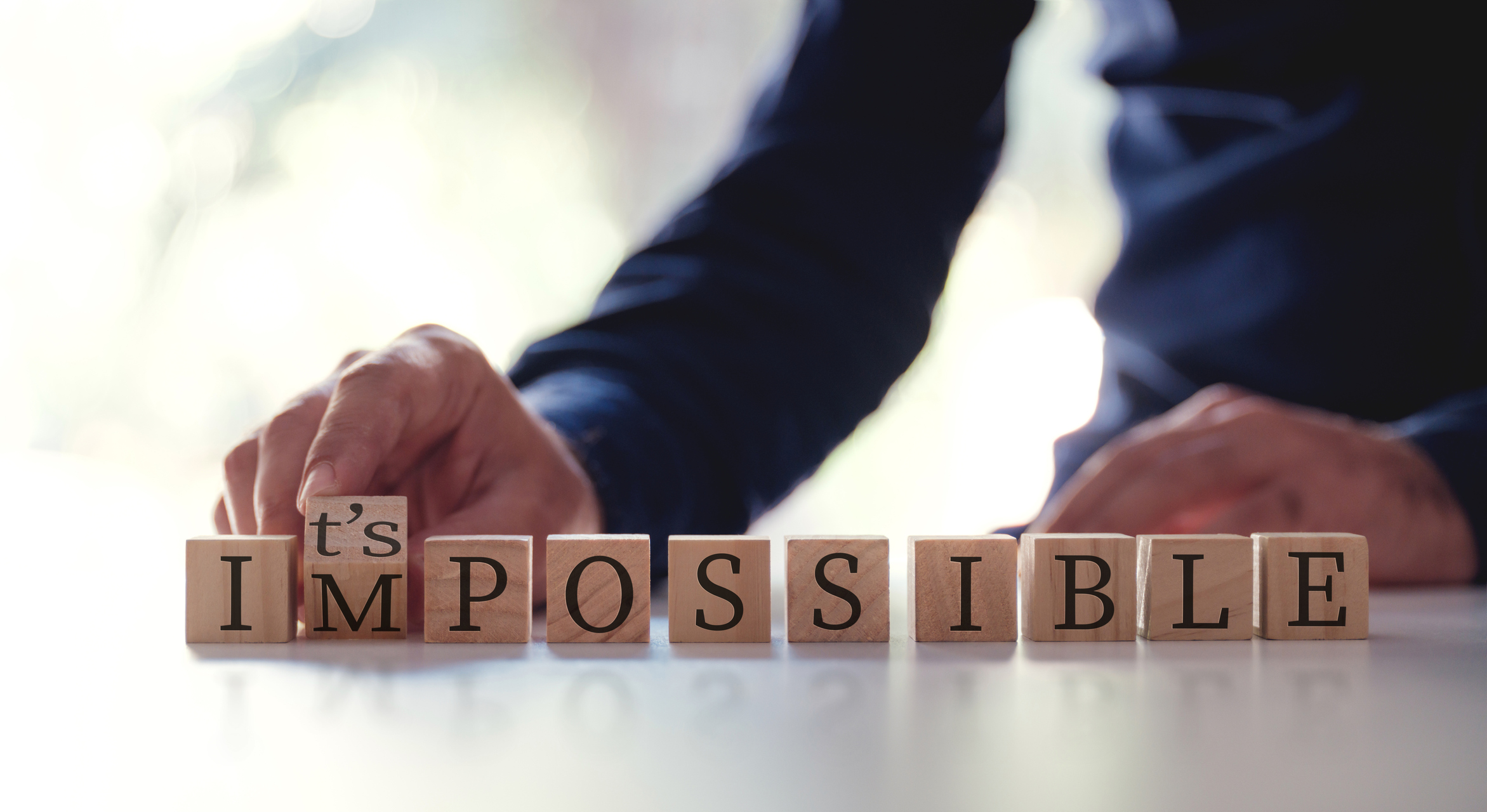Article Written By: Julie Reichenberger, MA, LPC, ACS, NCC
For those who live with ADHD/ADD, life is harder. Small tasks can be dreadful.
The thought of doing things like laundry, taking medications, washing your face, sending a fax can fill you with overwhelm and lead you to avoidance cycles.
We spend our lives trying to function, think and act like others who don’t have ADHD/ADD.
We are told to “try harder”, “just do it”, “stop being lazy”, “sit still”, “stop” doing this or that. Over time, we internalize these messages and translate them to “don’t be you.”
Often when people are seeking treatment for ADHD/ADD, they are looking for help getting motivated, help with being organized, help with focus, help feeling less overwhelmed.
They are seeking apps, books, podcasts, articles, tricks and treats to help them overcome their challenges.
They want instant relief for pain and suffering they have endured for years. They want direction and to be told how to and what to do.
One of the hardest parts of my job as a teen and adult ADHD/ADD specialist is getting people to understand that while those are absolutely achievable goals, they are often not immediately attainable or permanent changes if made too quickly.
Before changes can be lasting you first must look at how having ADHD/ADD has impacted your development of who you are and how you show up in relationships with yourself and others, work, school and other commitments.
Perhaps not the shiny answer you were hoping for, however, accepting your brain works different, taking time to understand your experience with ADHD/ADD, learning the value of and having patience with yourself and others, having awareness, being intentional, and having compassion for yourself will provide you a solid foundation for making lasting changes in your life.
Accepting Your Brain with ADHD Works Different
One of my own personal struggles with my experience with ADHD/ADD was accepting my brain works differently.
Once I was able to accept this, I was able to start learning how my brain does work and found the most effective tools for me. Having ADHD/ADD is already hard enough.
Trying to change how your brain works only makes it harder.
Trying to be like someone else is not sustainable and not in line with being you: a whole, unique, interesting person with ADHD/ADD.
An example of not accepting is waiting to feel motivated to do something you will likely never feel motivated to do.
This is avoidance and can lead to perceived helplessness and unnecessary distress, further supporting the negative beliefs you might already have about.
Accepting you may never be motivated to put away your laundry doesn’t make you want to put away your laundry.
It does, however, allow you to focus on something more useful than waiting for motivation – like putting away your laundry.
When you are able to accept your brain works differently, you are then able to begin to understand how wonderful the differences are and the strengths of having an ADHD/ADD brain.
Hello creative problem-solver!
Take Time to Understand How You Work With Your ADHD Brain
ADHD/ADD looks different for everyone. Sure, there are similarities, but each person with ADHD/ADD needs something unique to them.
Understanding the challenges ADHD/ADD brings to you specifically is most helpful to you.
Often, we spend much of our time trying to find the perfect app for us to track our time, keep us in line, help us focus and it can create more anxiety, frustration, overwhelm and avoidance of actually doing something helpful.
Before looking to find the best app out there, think about what you might need.
What could be helpful, what has been helpful. What tools do you already have? What do you know already works, what doesn’t work.
Get to know you and your ADHD/ADD.
Learning Patience, with ADHD, is Valuable
In order to take the time to understand your unique needs, it is helpful to learn how to slow down your mind and your body.
It may feel counterintuitive because there are so many things to get done and you feel so unorganized and distracted.
Those who have ADHD or ADD often report energy in their bodies, urges to do things now, anxiety about wanting to fix things now, frustration when things don’t go as planned.
These are all signs your body is in fight or flight – in other words – ready for battle.
The trouble is, there is no imminent danger and when your body has this much energy, it is hard to see things clearly.
Slowing down and practicing patience allows your body and mind to understand your needs and provides you time to make a decision that is best for you.
Learning patience with yourself as you begin this process of acceptance and understanding what works for you will help during those times you might feel hopeless.
It takes time to learn how to ride a bike. It takes even more time to unlearn the unhelpful ways of thinking about you and your ADHD brain over the years.
Awareness Changes Everything with ADHD
With patience and understanding comes room for awareness.
When you are able to slow down and practice patience, you are then able to become more aware of you and how you show up with yourself, others and how you relate to experiences.
When you have awareness of what you are doing and why you are doing it everything changes.
When you have awareness of the energy you feel in your body and understand why it is there, you are afforded more control over your reactions which can lead to increased productivity, decision-making you feel good about, and more intention when engaging in an activity.
Before you set out to do something, take a deep breath in and let it out until there is no more air remaining in your lungs.
You can repeat this a couple times or return to normal breathing.
This breath helps to slow down the nervous system and slows down thoughts.
Once your thoughts have slowed down, you have more brain space for reflecting on why you are doing what you are doing and what you need in this moment.
You’ll have more awareness of your needs and can think more clearly about how to meet those needs.
Learning How to Set Intentions with ADHD Gets Things Done
Once you have slowed down, and you are ready to get started on something, name (or even write) what you intend to do for the next amount of time.
“I am going to work on this blog post for the next 20-minutes.”
When you set an intention for how you plan to spend your next bit of time, you are making a commitment to doing that.
Keeping the amount of time reasonable (sometimes even just 5 minutes) helps to create patterns of doing.
Once you begin working on whatever it is you’ve made the intention of doing, your mind may very likely wander.
As you become aware of your mind wandering, return to the intention you set.
It definitely takes practice and awareness of when you are wandering to return to the intention set. Over time, it will take less effort to stay focused on your intention.
Have Compassion for You and Your ADHD Brain
Though it may not seem possible or easy, I encourage you to have compassion for yourself as you figure out how your brain works and what you need.
It is a long road, but it doesn’t have to be too painful along the way.
You will have trouble maintaining all your changes.
That’s okay.
You can get back on your plan with intention, patience, understanding, awareness and compassion for yourself.
We are our biggest critics. We can also become our biggest cheerleaders!
This may not be what you were seeking in terms of making changes and “fixing” problems.
However, if you are willing to incorporate acceptance, understanding, patience, awareness, intention, and compassion, figuring out how to become more organized, improve focus, managing life’s challenges with ADHD becomes easier. ADHD therapy can help.
Contact us today to get started!
***
Julie has been working as a Denver therapist with teens and adults since 2006. She is a Licensed Professional Counselor, Associate Certified Coach, Approved Clinical Supervisor, EMDR Certified, an EMDR Consultant, IFS Level 1 trained, and a Certified Psychedelic Therapist.

Denver Therapist and Owner of Denver Metro Counseling, Julie Reichenberger
Julie specializes in working with trauma, suicide risk and loss, ADHD, anxiety, depression, and supporting other therapists through personal and professional growth.
She provides consultation for therapists who want to learn more about working with clients who have ADHD as she believes ADHD impacts all aspects of a person’s life, including therapy and if not appropriately addressed or considered, can cause further damage to one’s self-esteem.
She also provides Ketamine Assisted Psychotherapy (KAP) and collaborates with prescribers to facilitate this integrative process.
Julie is the owner of Denver Metro Couneling a group of clinicians who provide therapeutic support for teens, adults, parents, and families.
The clinicians at DMC help people build positive relationships with themselves and others.
Follow Julie on Instagram:@julie_thetherapist and Facebook: @julie_thetherapist

